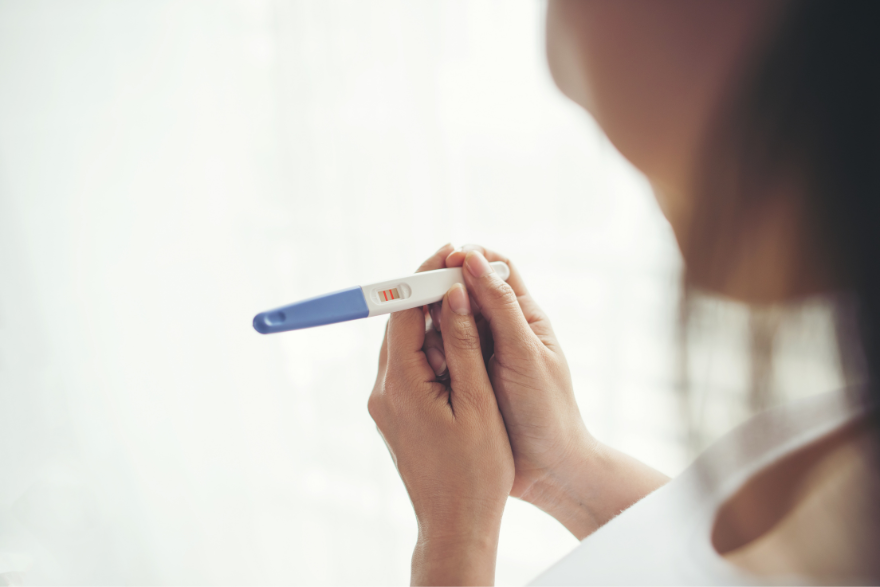Infertility is usually thought to only occur in families who are trying for their first pregnancy or have a condition which impedes their achievement of a natural pregnancy. However, it is important to note that this diagnosis can also arise in couples who wish to have a second/third child or who have had a previous gestation in the past.
Secondary infertility is the diagnosis given to those couples who wish to have more children but are confronting certain situations which make it difficult for them to achieve a new pregnancy in a natural manner.
There are multiple causes which could lead a couple to confront this issue. Some of these are:
- Complications during the birth of the first baby: If there was hemorrhaging due to natural childbirth or if there was an infection due to a caesarean birth, situations could arise that lead to secondary infertility.
- Gestational losses: If there was a loss and complications associated with infection arose or proper medical assistance was not given during this process, the risk could increase during the search for a new pregnancy.
- Physical traumas or accidents which compromise the male genital area: If the partner suffered an event that affected his testicles or was exposed to situations which placed his fertility at risk (such as high temperatures, testosterone ingestion, etc.), the capacity to achieve a second pregnancy in a natural manner can be compromised.
- New Partner: If the first pregnancy was by another partner, it is important to know that, when trying to have a new baby with a new partner, situations may arise which make it difficult to conceive. It all depends on the condition or genetic history of the woman as well as the man.
- Couples who confronted an infertility issue during their first pregnancy: Those families who have a situation which affects their reproductive system, may present the same difficulties during the search for a second pregnancy.
- Advanced age: When much time has passed between the first pregnancy and the quest for a second one, difficulties could arise with the woman’s ovarian reserve if she is older than 35 years old.
It is recommended to visit a fertility specialist when:
- You are younger tan 35 years old, and you have been trying for more than a year with no success.
- You are older than 36 years old and have been trying to achieve pregnancy for six months.
- You have a new partner and wish to ascertain that everything is well to initiate the search for a pregnancy.
- You have a condition which may make it difficult to achieve a natural pregnancy.
If you require more information on this topic, please contact us:
- Medellín: Tel. +57(4) 268 80 00
- Bogotá: Tel. +57(1) 746 98 69
- Pereira: Tel. +57(6) 340 17 09
- Cartagena: Tel.+57(5) 693 0434
Or on our social network on Facebook or Instagram.









